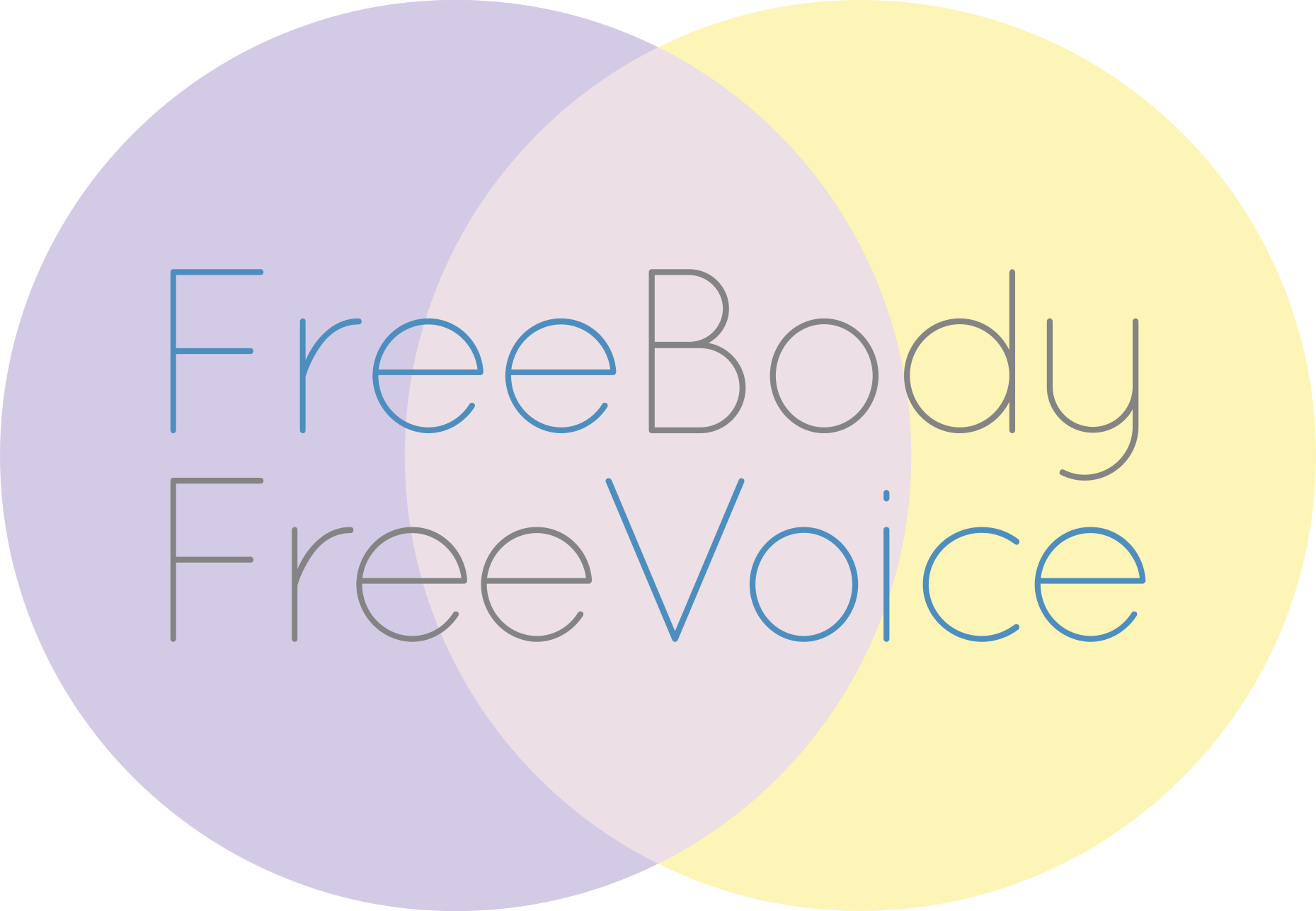Getting myself lost
If I did this, you'd think I was an idiot:
Say I called you up and wanted to know how to get to Madison Square Garden. You asked me where I was—my home in Chelsea—and then calculated that I'd need to walk 7 blocks north and 1 block east. And indeed, I found myself at 31st and Eighth Ave, at the Garden. Perfect!
But then the next day, I'm at a friend's house on the Upper West Side and want to return to Madison Square Garden. I remember your clear and perfect instructions and head 7 blocks north and 1 block east and find myself. . .totally lost.
I actually did make this logical error this week. Not in misusing street directions; I got myself lost in vocal technique. (I am not an idiot, by the way. I just went temporarily unaware.)
I taught a lesson on Thursday morning during which I helped a student to find more stability in her lowest range. After trying with only limited success a bunch of suggestions that normally bring about low-note stability, I hit on one that did the trick: if she thought of using a stronger stream of breath, we got the results we were seeking.
That same afternoon, I was at my own voice lesson, at which my teacher noticed that something was off in my lower range. The notes were slightly out of tune and had a pushed quality. Upon reflection, I realized that I was applying my recent directions to my student to MY singing. But since I was already near my vocal destination, going 7 blocks north and 1 block east (increasing my breath flow) simply got me lost.
This is why one-size-fits-all teaching is not just useless, but potentially detrimental. And why what works for you vocally today might not be what you need tomorrow. Keep in mind that you need to consider where you are before you head off towards any destination.
And don't practice along with your lesson recordings! You are no longer at that location.
